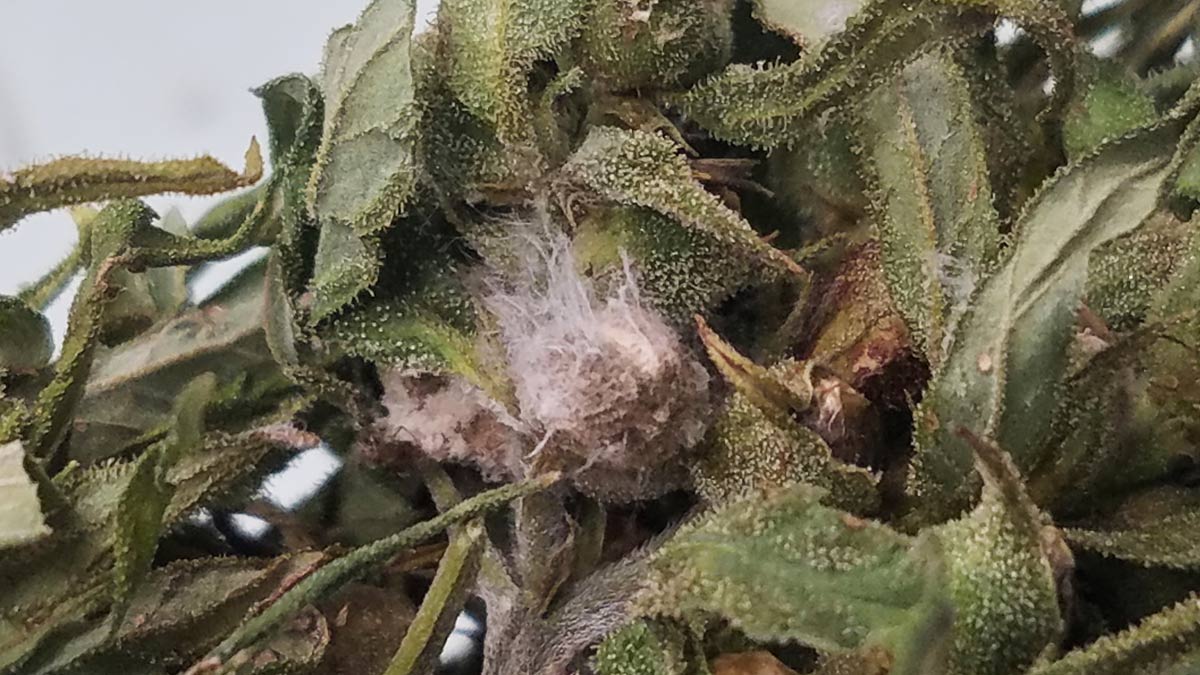Two Chinese researchers were charged by a US federal court for allegedly smuggling the fungus, Fusarium Graminearum, from China last summer. The smuggling has further deepened the political tensions between the two countries.
Yunqing Jian and Zunyong Liu were charged with conspiracy, smuggling, making false statements and visa fraud.
Though some experts have flagged it as China waging a war against the US and as a potential agroterrorism threat, agricultural experts opine that the fungus is not new in the US.
What is Fusarium Head Blight?
Since the 1900s, US farmers have been battling with the fungus Fusarium Graminearum. It causes Fusarium Head Blight (FHB), also called 'scab', a fungal disease that primarily affects cereal crops like wheat, barley and maize, especially, during the rainy season. The fungus infects the plants early in the growing season.
FHB leads to reduced grain yield and can contaminate the grain with mycotoxins like deoxynivalenol (DON), which are harmful to humans and animals.
If affected by the FHB, it could wipe out several crops inflicting a loss of nearly $ 1 billion annually on US.
The fungus, also referred to as 'vomitoxin', also causes the livestock to throw up. It also causes diarrhoea, abdominal pain, headache and fever in animals and people.
Since US farmers have been battling with the fungus for a long time, the grain crops are screened for various toxins before they can be used for feeding for animals and humans.
Scientists often bring foreign plants, strains of fungi, and animals to the US to study them. Also, researchers have been studying Fusarium Graminearum for decades. However, one is required to file certain permits before moving anything across state or national borders.
Since Jian and Liu failed to do so they have come under the scanner. It is still unclear why the Chinese researchers bought that particular strain of Fusarium Graminearum into the US.



